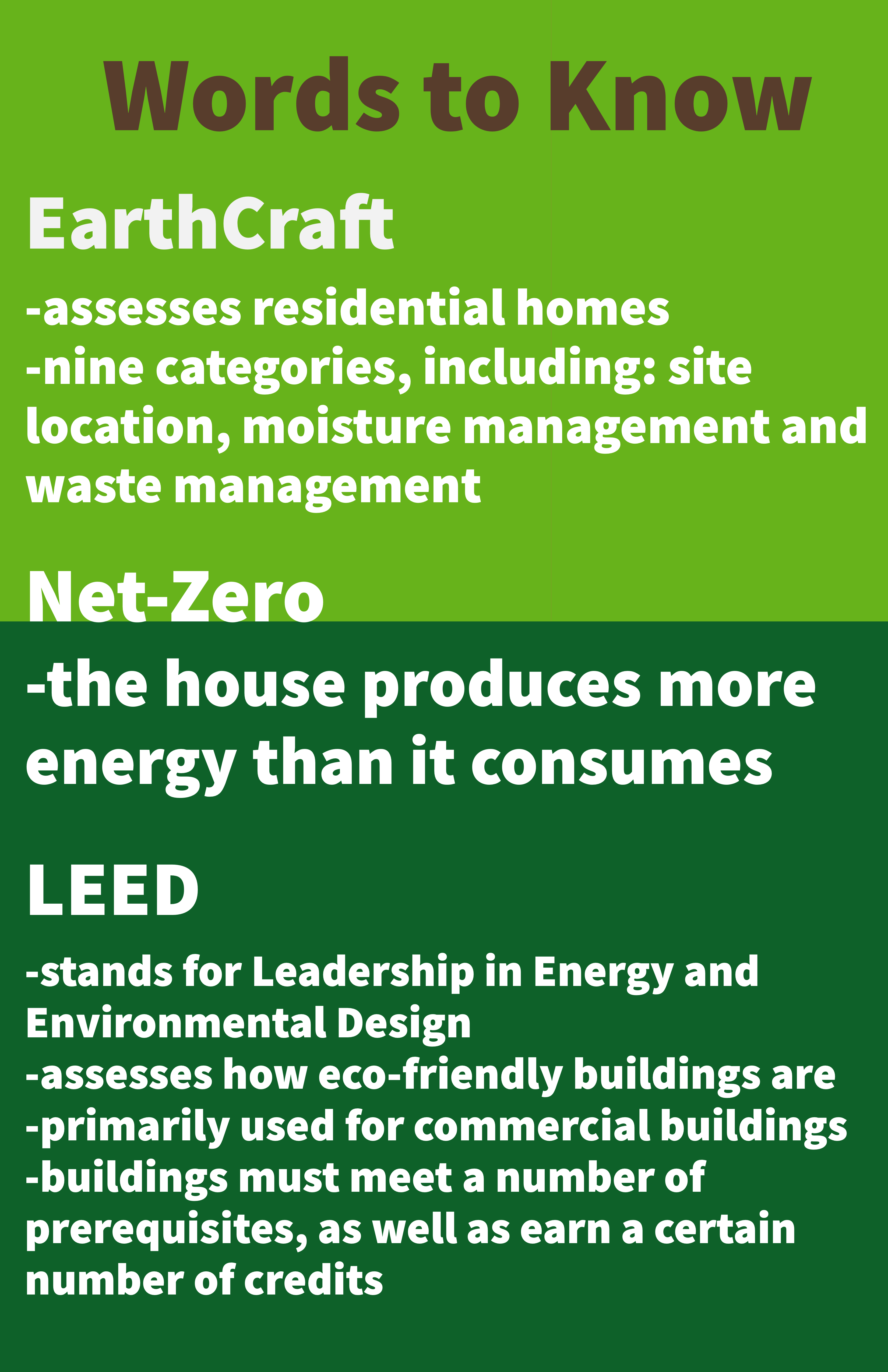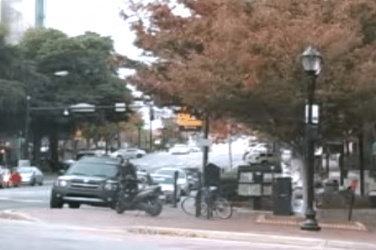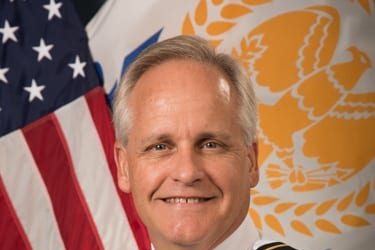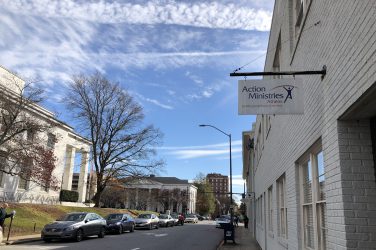
Many believe people should invest in more sustainable practices for the sake of our planet. What it really means to be ‘sustainable,’ however, is less clear.
“Sustainability is probably one of the most overused words. Most people just throw it around,” said Jack Crowley, a professor in the University of Georgia’s College of Environment and Design and founder of the university’s Masters of Environmental Planning and Design program.
Why It’s Newsworthy: Sustainability and environmentally conscious practices are garnering more and more interest, especially in the wake of new realizations about the catastrophic effects unsustainable practices have on our environment.
Crowley noted he has yet to see a completely sustainable neighborhood, no matter what claims developers might make.
As someone who spent the majority of his professional career in landscape architecture and urban design, Crowley is less focused on sustainable architecture and more focused on sustainable planning.
“Before you ever get to the design of a house, you’re designing the city and you’re designing the neighborhood and you’re determining where the houses should even be,” Crowley said.
From a planning perspective, sustainability is about an efficient use of resources, like schools, police officers and fire departments, and infrastructures, like sidewalks and water lines.
While the University of Georgia does not have a college of architecture, students in the College of Environment and Design are learning how to design cities to maximize available resources.
Although, Crowley said, it is impossible to make anything completely sustainable. He cited things like plastic toothbrushes, carpeting and air-conditioning systems as examples of necessary but unsustainable things that go into making a home.
“What you’re shooting for is net-zero, and net-zero is really where the house is producing more energy, but still consuming some non-sustainable materials perhaps,” Crowley said.
Quint Newcomer, the director of sustainability at the Architectural Collaborate, an Athens-based firm that focuses on, among other things, sustainable design, has a more traditional view of what it means to call something sustainable.
“[The term ‘sustainability’ incorporates] materials used, as well as resources used, like the fixtures you put in to conserve water or electrical fixtures that use less energy. It has to do with insulation practices, indoor air quality, so the types of paints that you use, framing practices and all sorts of different material selections,” Newcomer said.
It’s a hefty list, but constructing a project that’s certified as sustainable is no easy task.
There are two certification systems that are common in the Southeast: LEED and EarthCraft.
LEED, or Leadership in Energy and Environmental Design, is run by the U.S. Green Building Council and is usually used more for commercial projects.
“We built our own personal home as a LEED-certified home, and I think it’s the only one in Athens still that’s a residential project,” Newcomer said.
Projects pursuing LEED-certification must follow several guidelines; each guideline that is incorporated into the project earns the building points toward certification. In order to be fully certified, a project must satisfy all LEED prerequisites and earn a certain number of points.
The second certification system, EarthCraft, is more commonly used for residential projects. It is also more affordable than LEED, according to Newcomer.
In order to become certified, homeowners must document everything that went into building their house, from the ingredients in paint used to waste management.
As part of his work with ArCollab, Newcomer helps file paperwork to certify construction projects as “green.”
He said the process of becoming green certified can be expensive, but the environmental and health benefits of sustainable housing far outweigh the costs.
Emma Fordham is a fourth-year majoring in English and journalism in the Grady College of Journalism and Mass Communication at the University of Georgia.







